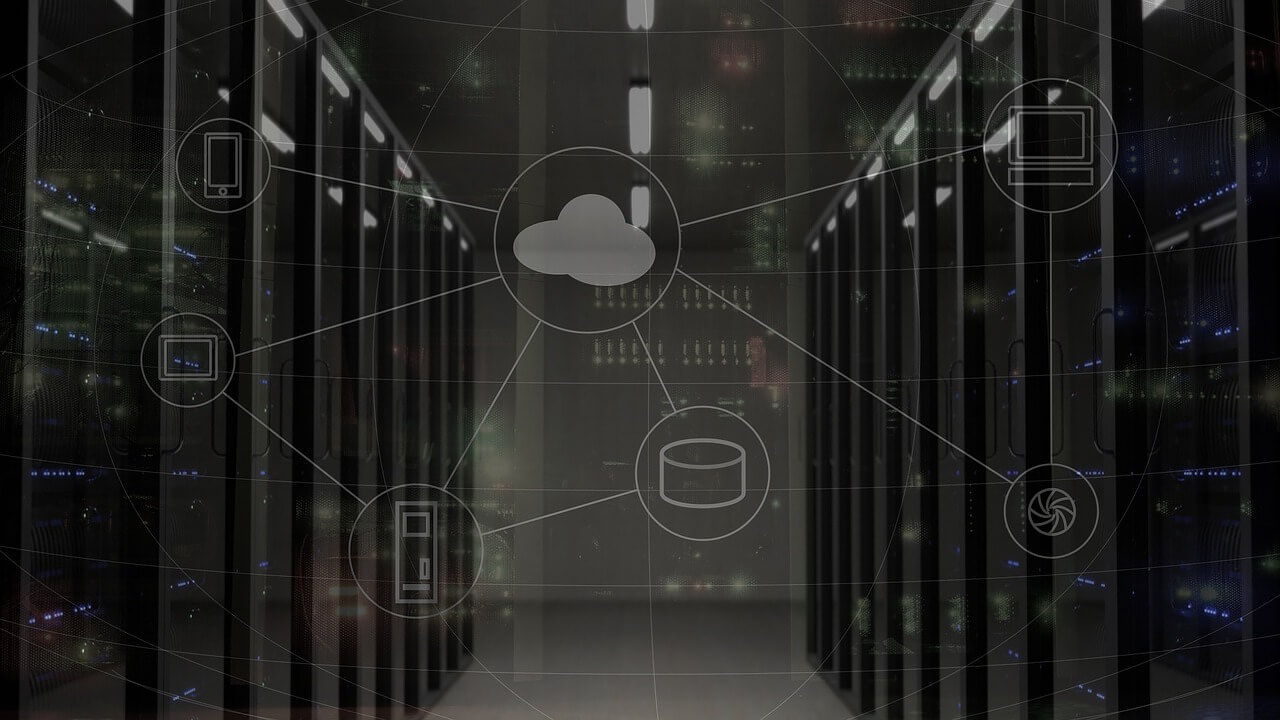By Bhaswati C Mukherjee
Cloud computing would be a clever and efficient way of sharing software systems through technology in the cloud rather than have individual copies of everything. Simply put, we do possess the Facebook app but simply access it online.
It is quite certain that computer networks and the wonders of the internet have permeated into our bones when most of us live, eat, study and work computers. Each day seems to bring something startlingly new in the fabulous world of technology whether it applies to education, smartphones, cameras or automobiles. Space technology, medicine, and weapons are all in the race to elevate their systems by means of superior technology.
Usage of cloud computing
Can you feel the enormous weight of all that Aadhaar or census data that deals with over a billion people? Can hundreds, thousands of computers handle all that information? While it is true that hard disks can contain thousands of books, where is it all going to end?
It is a profound mistake to think that the earth’s resources would never end. Maybe our ancestors thought that way or could not imagine the extent we would use up all the resources. The time will come one day when we would have used up all the natural resources that now exist and seem infinite like the sun. The sun itself would burn out and life on earth would cease! Yet that day is too far away to start worrying now!
Like the way we use the electricity grid, paying for what we consume, the cloud contains all the elements that are metered and payment is made according to the extent of usage. There is no need to replicate software and extensive hardware devices with each user. Costs thus get shared like using pool vehicles instead of the five of them driving to work in separate vehicles!
The cloud facilities could be a private cloud completely owned by one organization for its own use, a public service provides facilities over a network or a hybrid cloud contains several kinds of services.
Have you heard about IaaS, SaaS, PaaS and UCaaS? The “S”, at the end stand for services and the initial letters stand for Information, Software, Platform and Unified Communications. A range of services are dispensed from the cloud where the organization and management is left in the hands of the Cloud that merely dispenses. The users would access the services through smartphones or laptops just like the present and sign up the services they wish to use just like we opt for the channels we want with the cable operator.
Benefits of cloud computing
The experts believe that such an arrangement would bring tremendous benefits as compared to the present. The greatest advantage perhaps is security though we may be worried about sensitive data. The advantages of a large organization are many in terms of a shared strength like an army of people and systems.
The freedom of accessing the cloud from any point on the earth through the browser is a mighty advantage and it does not really matter what device you are working from. Costs and maintenance become simpler because you have centralized systems and software that avoids unnecessary duplication with each user.
Performance, productivity, and reliability are ever so much enhanced under a large umbrella of experts and the user has little to worry about except to connect and work or play. Three cheers for the cloud computing of the future!
Article Source: http://EzineArticles.com/9825636

